Chikoo price in Pakistan June 2025
In 2025, the Today Chikoo price in Pakistan will be between Rs 100–139 per kilogram, based on the quality, size ,and variety.
Chikoo price in Pakistan Per 1 KG
2025
| Month | Price |
|---|---|
| JANUARY | Rs. 123-150 |
| FEBRUARY | Rs. 123-150 |
| MARCH | Rs 100–139 |
| APRIL | Rs 100–139 |
| MAY | Rs 100–139 |
| JUNE | Rs 100–139 |
| JULY | |
| AUGUST | |
| SEPTEMBER | |
| OCTOBER | |
| NOVEMBER | |
| DECEMBER |
2025
Read More
Guava Price in pakistan
The sapodilla fruit, more popularly referred to as chikoo, is a tropical fruit loved for its sweetness alongside its health benefits. Within Pakistan, it is easily accessible in physical shops, as well as online shops like Naheed.pk, where it’s priced by kilogram.
The chikoo price in Pakistan has been noted to vary from region to region, season and even based on the quality grade. Chikoo, like other goods, also follows the principle of supply and demand; therefore, consumers should be educated regarding these differences to best plan their purchase decisions.
This guide will provide you key insights regarding the latest chikoo prices so you are able to navigate to the best value offers in the market. It is now easier for people within Pakistan to order chikoo through the convenience of home delivery services.
Key Takeaways
- Locate the latest chikoo available across Pakistan.
- Understand the differences between retail and wholesale prices.
- Be able to identify the differences in rates that influence the price of chikoo
- Make smart purchase choices.
- Have the convenience of ordering merchandising items like chickoo delivered straight to their homes.
Current Chikoo Prices in Pakistan
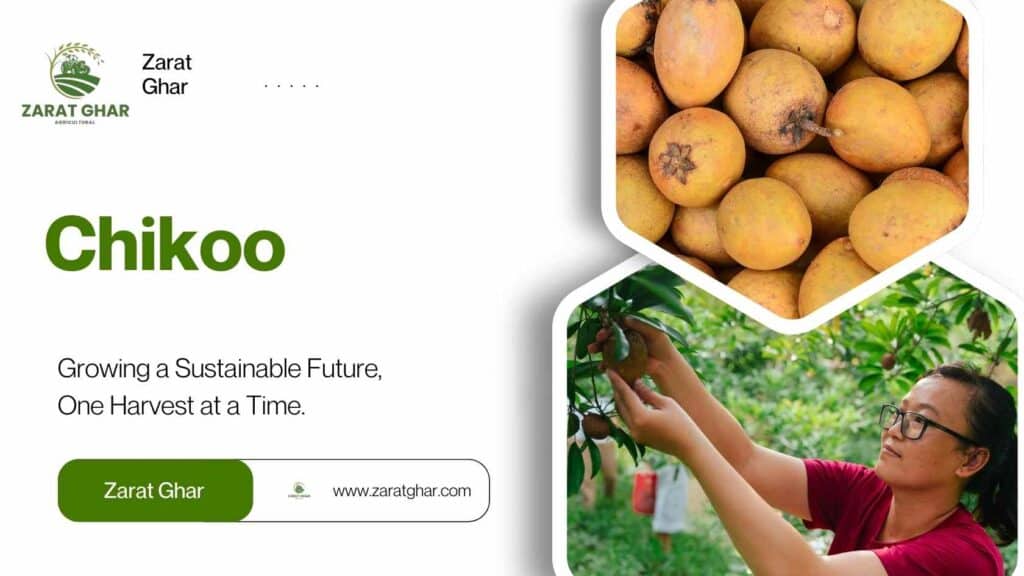
Evaluating the current price of chikoo in Pakistan requires considering the dynamics around the market, such as quality, demand, and pricing. Other factors that influence the price are seasonal availability and the demand within the market.
Retail vs Wholesale Rates
Aside from offering individual pieces of the fruit, online sellers also provide Chikoo at retail and wholesale prices. Retail prices tend to have a markup but are set higher because they are offered per unit and purchased in bulk. Regardless, wholesale rates are more affordable for bulk purchases.
- Currently, there is a notable divergence in market pricing as it pertains to wholesale and retail channels.
- The retail sector marks up the price as a result of the shipment and display costs.
- Wholesale prices are appropriate for big families or occasions.
Price Per Kilogram
The available automation for markets in Pakistan measures chikoo’s prices on the automation of price per kilogram. Regularly Updating Prices reflect the regular seasonal availability sellout as well as the market dynamics and demand.
- The price per kilogram is the standard unit.
- A reliable catalogue from dominant vendors assists users with effective price benchmarking.
- Consumers always need regular updates.
Regulating Factors with respect to Chikoo Pricing in Pakistan
There are a number of common factors determining the price of Chikoo in Pakistan, and understanding these helps consumers better plan their purchase of this famous fruit.
Seasonal Availability
Availability within the season plays a major determining role in the pricing of choke. When in Season or peak harvest, Ample Availability of chikoo can lower the prices because of artificially heightened stock. Off-Season Chikoo, on the other hand has premium prices due to little supply alongside competitively higher transportation costs.
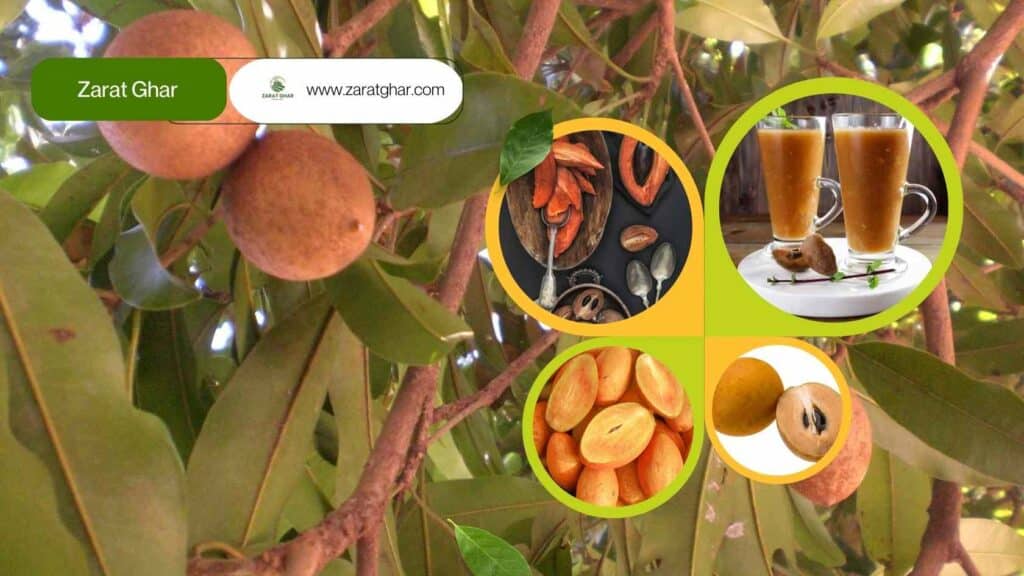
Quality Variations
The impact of quality fluctuations is felt in the pricing of Chikoo. The size, ripeness, and looks have direct proportionality to its value. Fewer blemishes and consistent sweetness of Chikoo increase its haggling, so demand and cost go up against the standard varieties. Many reviews focus on price, but premium-grade consumers do buy cuts above McDonald’s standards.
Tracking the price enables consumers to identify when they are going into a set season and helps plan their spending.
Where to Buy Sapodilla/Chikoo in Pakistan
Pakistan consumer has several avenues to purchase Suzoo’s with either local retailers or online at their discretion.
Conclusion
In order to achieve the best value for Chikoo, it’s essential to understand the local prices in Pakistan. It’s important to check the current market situation and price comparison from many vendors to determine fair pricing. Ugayo’s concessional fruit purchasing policies in defined seasons are a great way to cut costs on tropical fruits, including Chikoo.
- Balancing product quality with price considerations is key.
- Monitoring the list of prices across seasons helps set expectations.
- Reviews from other consumers provide valuable insights into fair pricing and quality.

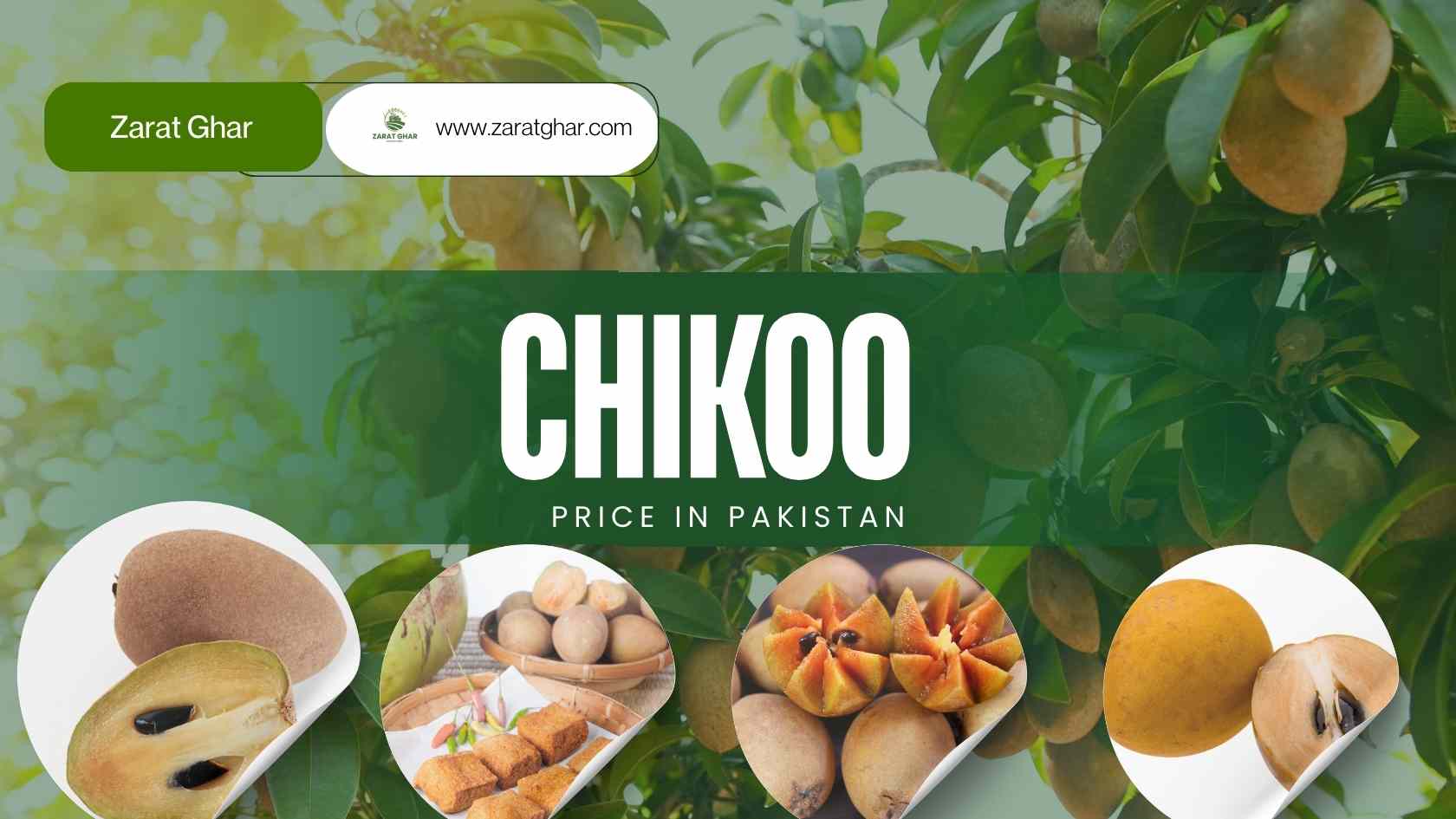
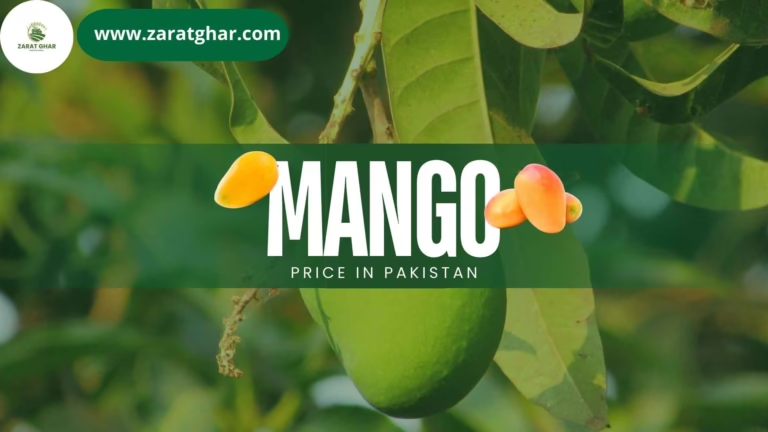
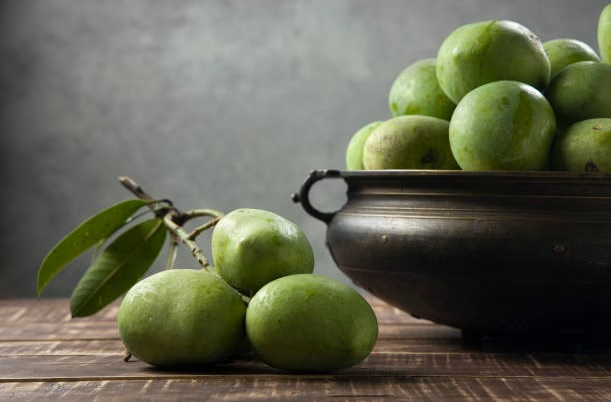

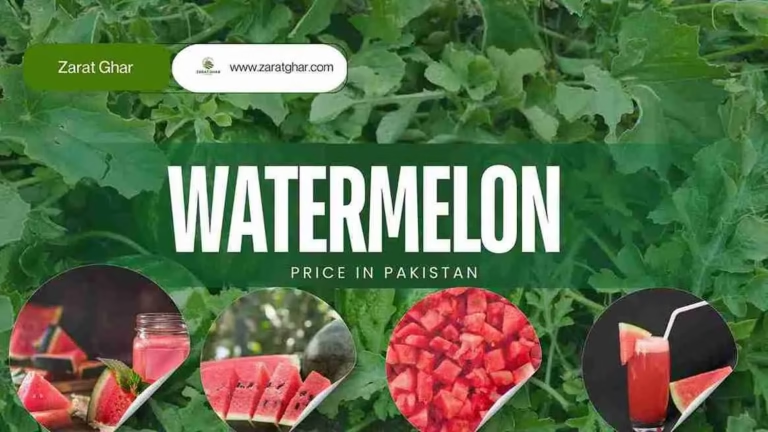
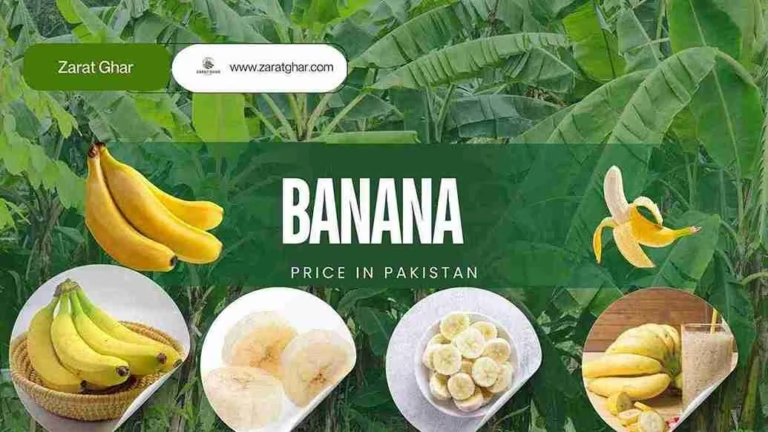
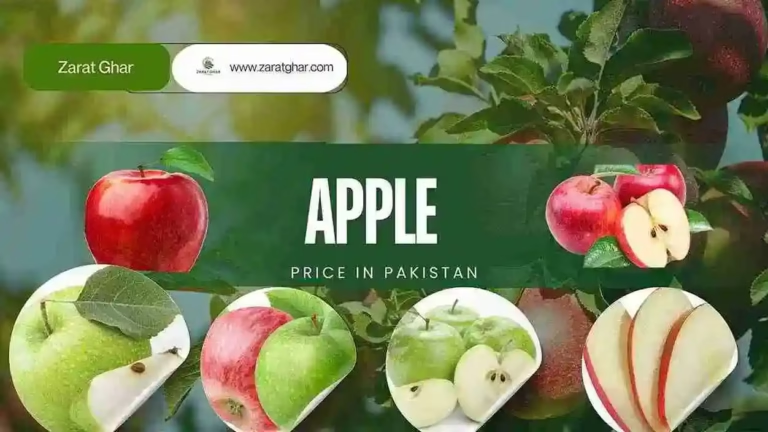
2 Comments
Comments are closed.